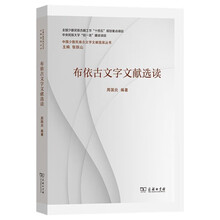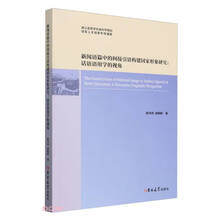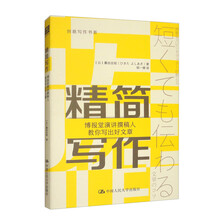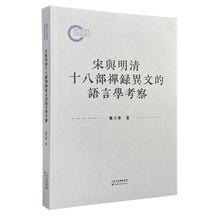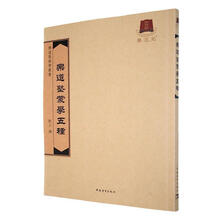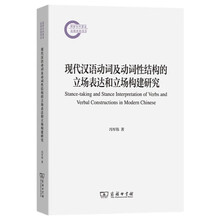Tragedy is generally regarded as the highest form of literary art and those who have excelled in it are viewed as the worlds greatest literary geniuses. They were be lieved to be the most profound psychologists before the science of psychology had ever come into being. Theories on Tragedy mainly concern these three questions: What is tragic pleasure? Why do people take pleasure in Tragedy? And what produces tragic pleasure? In spite of the efforts made by philosophers and critics, the solution to the problem of tragic pleasure remains as remote as ever. Du Bos and Croce lean towards the pleasure of feeling. Addison illustrates tragic pleasure as a combination of the pleasure of recognition and the pleasure of relief, whereas Burke views it as a pleas ure answering a sympathetic need. Most of these theories fall short of meeting the de mands of modern psychology concerning the source of human emotions. None of them except Zhu Guangqian pays attention to the power of the psychology of tragedy. In ThePsychology of Tragedy, Zhu attempts to give a critical study of various theories of Tragedy in the light of psychology, and to define the relation and difference between the tragic pleasure and pleasure of other modes, such as that evolved by the beautiful and the sublime. Zhu patterns his theory with the realization that a solution to the ori gin of tragic pleasure would throw light on many other psychological questions, such as how the attraction to beauty shapes an individuals sense; and how the pleasure gained from all forms of art mirrors human spiritual reality and spiritual convictions.
展开


